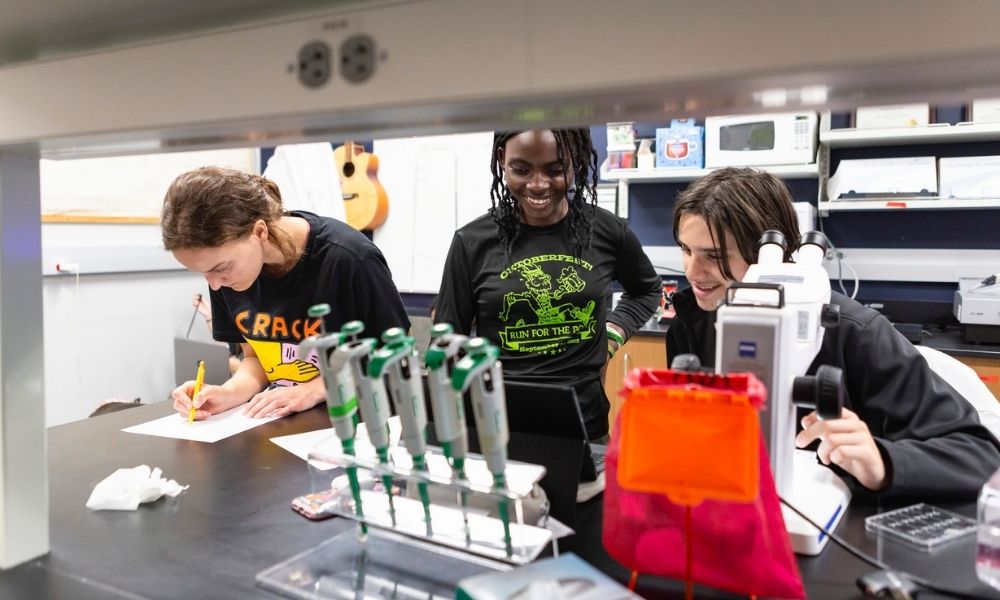Seventeen high school students dedicated a full week of their summer to take part in the Investigative Summer STEM Program (ISSP) at Newman University.
Some opted for an overnight camp experience June 20-24 where they stayed in the residence halls; others commuted for the daily campus activities in the state-of-the-art Bishop Gerber Science Center. All engaged in hands-on science, technology, engineering and math projects unique from a typical classroom experience.
This year, ISSP students split into small groups and performed five research projects facilitated by Newman professors. The project topics were “Investigations into Regenerative Abilities,” “Expression of the jellyfish gene Green Fluorescent Protein in bacteria,” “Forensic Identification,” and a brand new research project, “Trebuchet Engineering.”
“Students get that varied interaction with the STEM field and that’s the idea,” Ryan Huschka, associate professor of chemistry, said. “We want to expose them to a whole bunch of different areas and see if any of them pique their interests.”
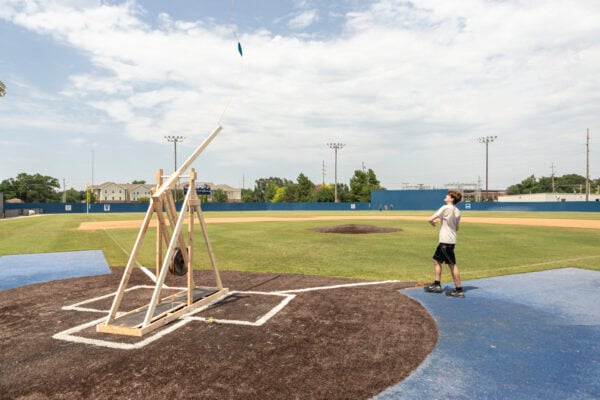
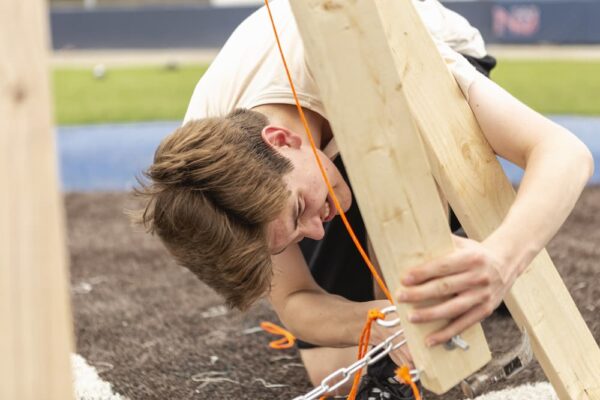
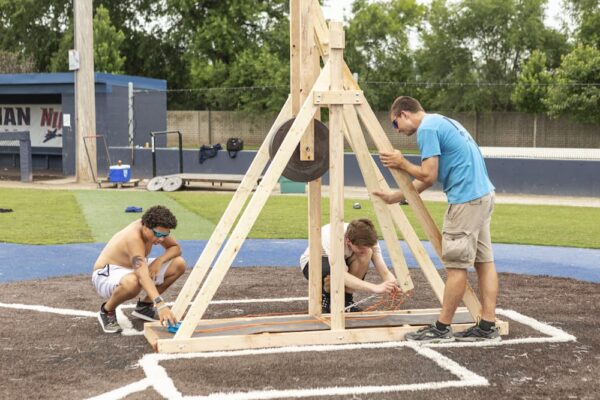
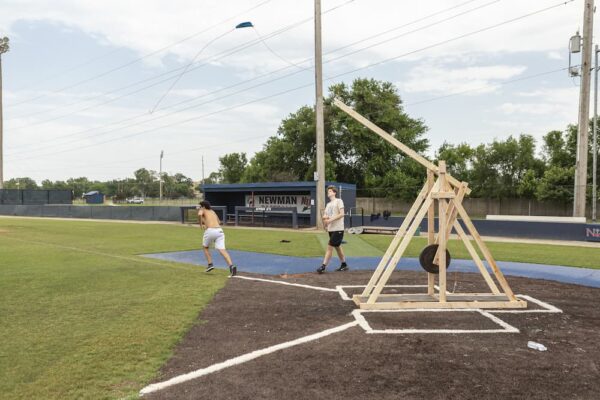
In addition to daily project research, the campers took a tour of the Newman campus, enjoyed nitrogen ice cream and even wrapped up the trebuchet woodworking project with an outdoor kickball-style game on the Newman baseball field.
The week of fun concluded with final research presentations followed by an awards reception for the ISSP participants and their families. Facilitating Newman professors acknowledged the high school students’ efforts and shared the week’s activities with a recap video.
Learn more about ISSP at Newman University
ISSP students explore a variety of fields during the weeklong excursion, from geometry and molecular biology to chemistry and alternative energy. They engage in life on a college campus, attend lectures and conduct lab experiments — all while exploring the world of STEM.
